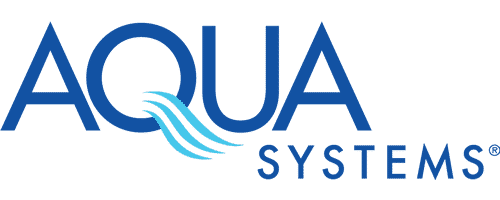Common Well Water Issues
Common Well Water Issues
There are many benefits to having your own well, but it’s also important to be aware of the potential challenges and risks that come along with using well water. The majority of well water is safe to drink. However, there is a possibility that your well water could contain harmful contaminants. It is critical to be aware of these potential issues so that your family and your drinking water remains safe.
Common Contaminants
There are a variety of contaminants that you might find in your well. Chemicals and minerals like arsenic, nitrates, radon, and selenium are naturally occurring and may sometimes find their way into your well water. It’s also common for bacteria like giardia and salmonella to make their way into well water if your nearby wastewater treatment malfunctions. Finally, you might encounter man-made contaminants such as PFAS and pesticides from nearby agricultural practices.
Why These Contaminants Are Dangerous
The biggest reason these contaminants are problematic is that they can make you very sick if you drink them. It’s common to experience digestive problems after drinking contaminated water, but more serious issues like birth defects, reproductive problems, and neurological conditions can also occur. Additionally, contaminated water can damage your pipes and your glassware. You may not notice these problems right away – they often build up over time. That’s why it’s so important to test your well water regularly.
EPA Standards for Well Water
The EPA has released standards and regulations for safe drinking water, and it is important to follow them for your own personal safety. For each contaminant identified by the EPA, there is a maximum contaminant level, which is the maximum of the contaminant you can have without encountering health problems. These standards vary by contaminant and by state, which is why it’s so important to review the EPA standards and regularly test your water.
To prevent contaminants in your well water, you can use a filtration system. Reverse osmosis systems and UV filtration systems are good examples of products that can eliminate contaminants from your water. The Pioneer system is another whole house filter that goes the extra step and removes chlorine, lead, cyst, and PFAS. You can even implement custom water solutions to fix the specific problems you tend to encounter in your water. This is an essential investment in your health and the health of the people drinking your water.

